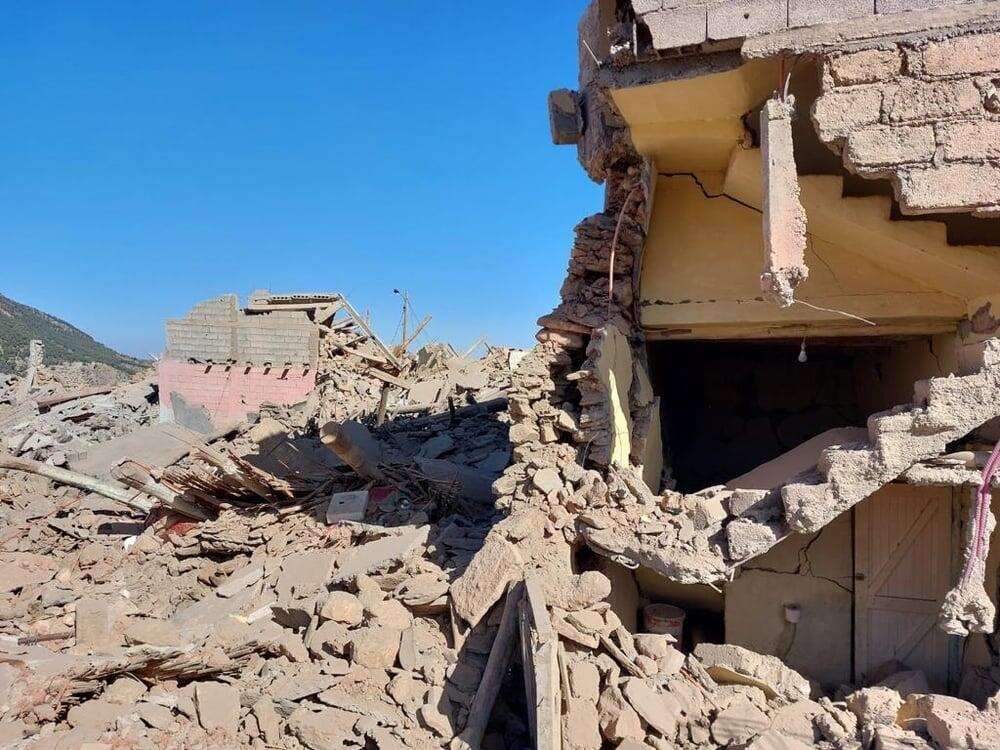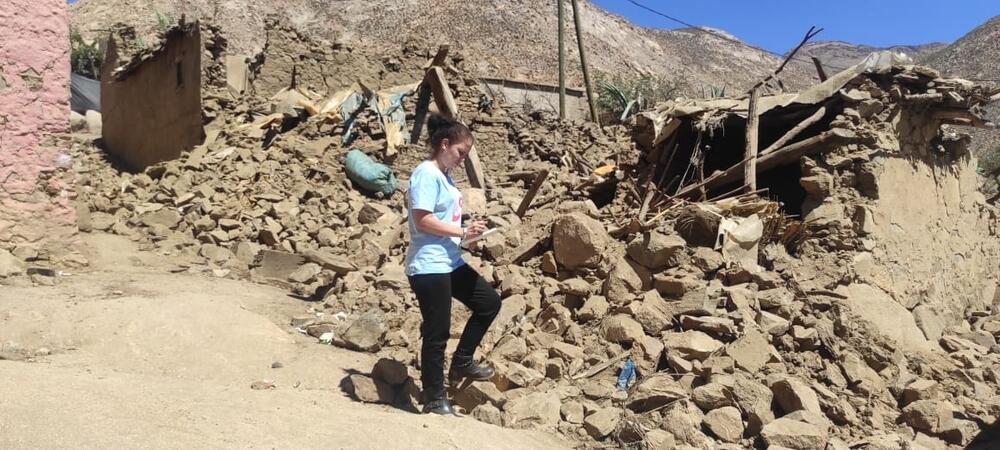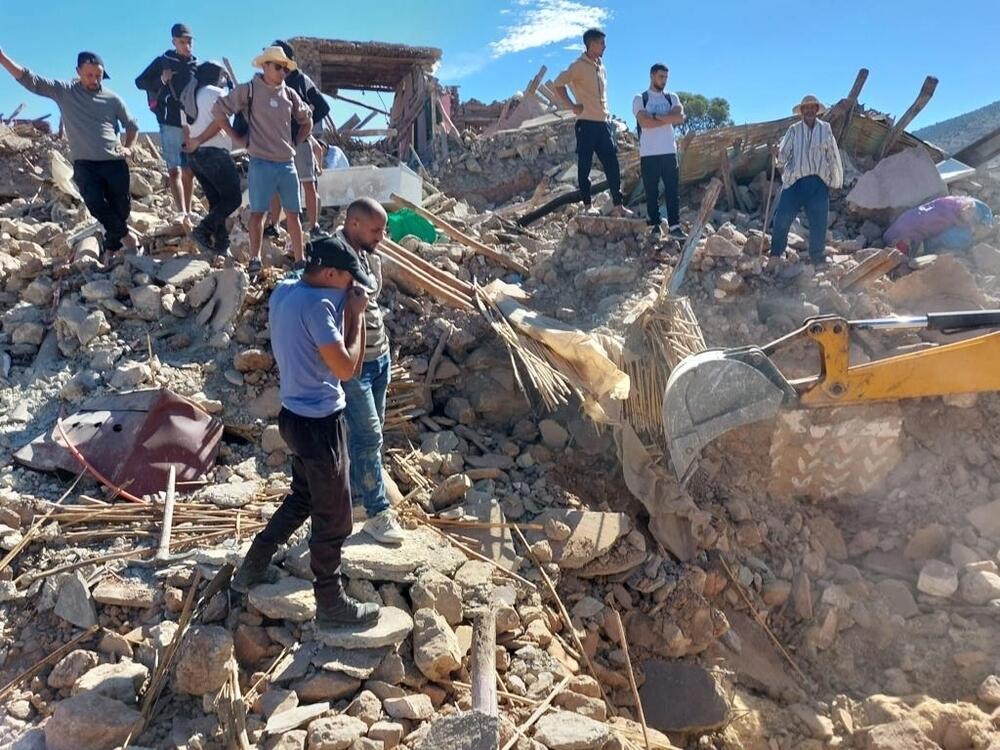Morocco: Three weeks after the earthquake, MSF focuses on mental health response to offer psychological care to people
2 October 2023
On Sept. 8, 2023, a 6.8 magnitude earthquake hit central Morocco, killing 2,862 and leaving around 6,000 people injured. The earthquake mainly hit the rural area of the High Atlas Mountains, where there were landslides, collapses and paths were cut or difficult to use. In this region, access to remote and rural villages already difficult to reach has been further affected by the earthquake.
In the immediate aftermath of this tragedy, on Sept. 9, Médecins Sans Frontières/Doctors Without Borders (MSF) sent emergency teams to assess humanitarian and medical situation in the most affected areas, in the provinces of Al Haouz, Taroudant and Chichaoua. Five MSF teams assessed 30 locations in total.
The overall response of the Moroccan authorities, bilateral partners and the Moroccan people was remarkable. There was rapid mobilization of emergency response plans from the Moroccan ministry of health, military and civil protection. The installation of advanced medical posts, field hospitals and referral capacity were crucial to ensure an urgent medical and humanitarian response in a timely manner.
“We saw entire villages destroyed, roads collapsing, and electricity cut off,” says Fouzia Bara, MSF nurse who was part of the first MSF teams in Morocco. “Despite this, the Moroccan authorities, with the support of some states, managed to remove people from under the rubble, treat the injured, use helicopters to transport the injured from the most remote areas, and distribute food and other materials to the affected people.”
“The psychological first aid is key to establishing coping mechanisms and connect people to existing services”
Our teams noted the comprehensiveness of the Moroccan government’s response and found very few gaps. On top of the assessment, MSF teams provided six donations in response to specific needs expressed at the time by health centres or hospitals between Sept. 12 and 17. These targeted donations were coordinated with Moroccan authorities. They contained medical equipment and medicines, such as injectable medicines, analgesics, antibiotics, insulin and medical equipment.
People most severely affected by this crisis urgently need psychological support. This includes search and rescue teams and frontline volunteers. MSF teams talked to dozens of distressed women and men in heavily affected areas in all locations assessed. Most had lost relatives, friends or saw their houses and villages flattened. Some were still waiting for the bodies of their loved ones to be recovered, acutely aware that live rescue was no longer an option.
“We will provide mental health activities and psychological first aid support to local organizations and people who were affected and to the frontline workers, mostly through the networks of Moroccan psychologists, social workers, heath promoters and other volunteers who have been mobilized since the early days,” says Bara. “The psychological first aid is key to establishing coping mechanisms and connect people to existing services”.
MSF’s main activities will consist of providing psychological support to people affected and to frontline volunteers, to support Moroccan Ministry of Health medical and paramedical teams, to run health promotion and mental health campaigns and to train and support local groups on psychological first aid.


